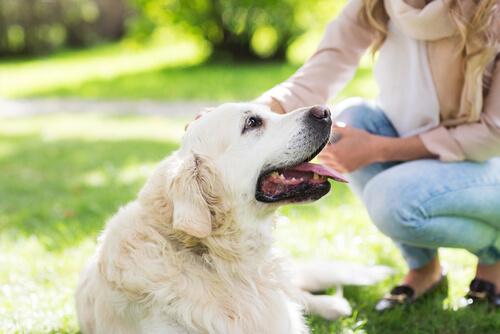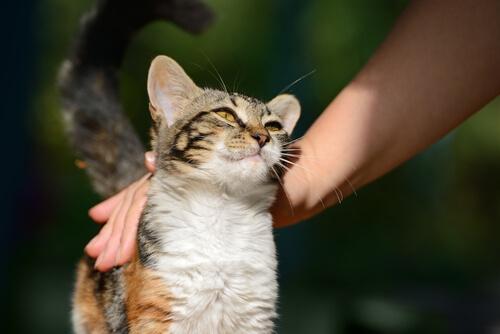Having Trouble Being Away From Your Pet?

When you love a pet so much that you see it as part of your family, care for it, and try to keep it happy, is perfectly normal, and good. However, there are cases of people who go beyond that. They humanize their pets to an extreme and replace real relationships with them. So, do you know anyone who has trouble being away from your pet?
Am I too attached to my pet?

Again, giving a lot of attention to an animal you live with isn’t a bad thing. It’s wonderful, it’s great that you’re giving them the care they deserve.
The problem is when your dog, cat, or what other animals you have, become the center of your life. It’s the only thing that loves you, understands you, and accepts you for who you are.
If you have trouble being away from your pet, it might be a kind of compensation, whether psychological or emotional. Most of the time, this happens unconsciously and it solidifies over time. If it goes on long enough, it can start to hinder your relationships with your friends and family.
If you have trouble being away from your pet, something is wrong in the way you relate to it. You need to figure this out, both for your own good and the non-human being that you live with.
Some reasons you might have troubles being away from your pet
When it comes to people who have an over-attachment to their pet, one of the common causes is having problems relating to and/or communicating with other people. For example:
- Shyness
- Complexes
- Insecurity
These kinds of people generally also:
- Crave acceptance
- Have gone through some kind of disappointment
- Feel rejected
Another common characteristic of people who have trouble being away from their pet is that they don’t have children, or underwent a major loss (family, friends, partner).
Attitudes that suggest you’re too attached to your pet
If you want to figure out whether you’re one of thee types of people above, read this list and see if you identify with any of these behaviors:
- You avoid social contact so that your pet won’t be alone. For example, you don’t go anywhere that doesn’t allow animals, or don’t go to family gatherings or meet up with friends because your pet wasn’t invited.
- You spent too much time and money on things that probably don’t interest your pet. These include things like clothes, grooming, accessories, etc. You’re doing it to satisfy your own needs, not theirs.
- You take your pet to the vet whenever they have the slightest symptom, and spend all day looking up things about their diet, care, illnesses, etc.
- Your pet is the center of your conversations.
- You can’t stop taking photos and showing them to everyone, or posting them everywhere. You’ve probably also made a social media account just for your pet.
The risks of humanizing animals
You have to remember that interacting with your pet as if it were a person could be extremely harmful. Simply enough, you’re not respecting their true nature.
There are lots of cases where people treat their pets like spoiled little kids. They end up worrying more about them than their own human children.
Here are some examples of humanizing pets:
- Putting clothes or costumes on them. These are uncomfortable and could cause all kinds of things like skin problems, overheating, etc…
- Stuffing their face with food, especially things that aren’t good for them. This can cause extreme nutritional imbalance and obesity.
- Never giving them any behavioral or household rules, which leads to major behavioral problems.
A relationship based on love and respect

According to the experts, people who are over-attached to their pets often don’t realize it, so family and friends need to come in and help. They might need to end up seeing a psychologist.
Love can be as amazing as it can be dangerous. That applies just as much for relationships between humans as it does for our relationships with other species. So, it’s essential to learn how to be away from your pet and grow a healthy bond, where you respect their nature, and never forget that you have a life beyond them.
This text is provided for informational purposes only and does not replace consultation with a professional. If in doubt, consult your specialist.